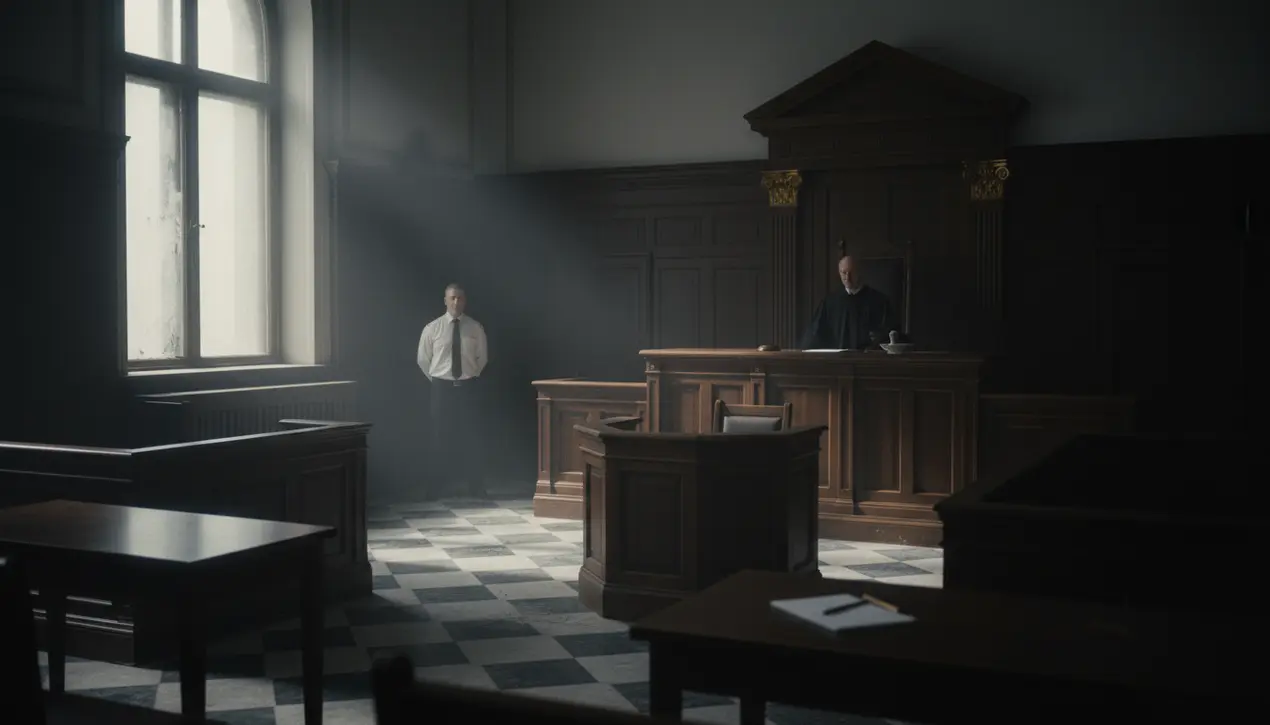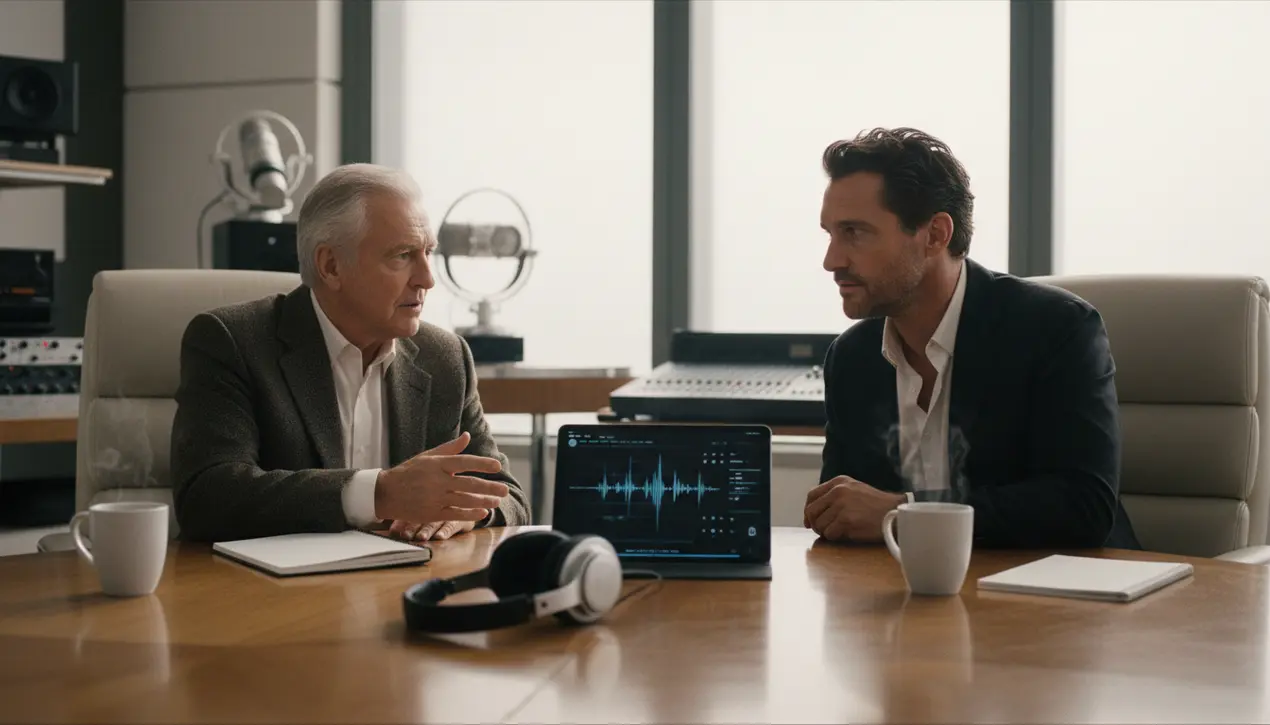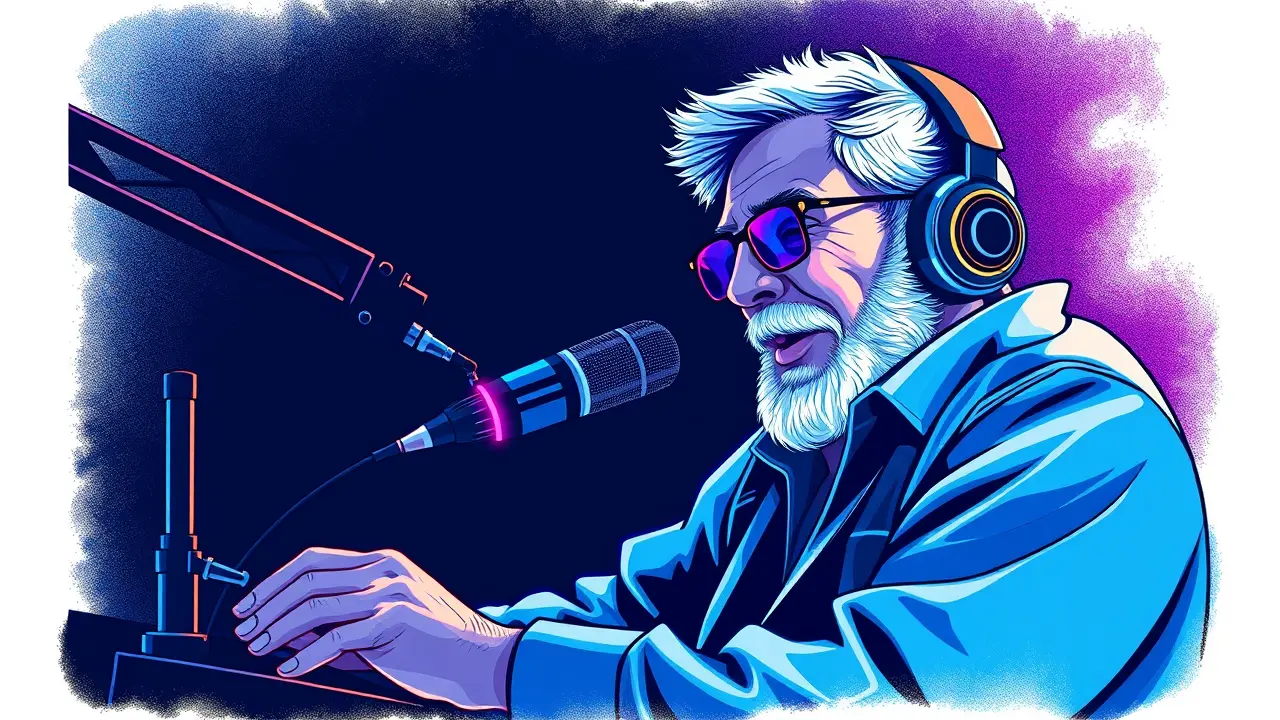
EntertainmentcelebritiesLegal Issues
Inmate Pleads Not Guilty in Murder of Ian Watkins
JO
John Parker
5 hours ago7 min read2 comments
In a stark display of courtroom defiance, a second individual charged in the killing of Ian Watkins—the former Lostprophets frontman now serving a 29-year sentence for a series of depraved child sex offenses—refused to participate in his own arraignment, remaining in his cell and forcing the judge to enter a not guilty plea on his behalf. This procedural standoff underscores the complex and grim legal theater surrounding the prison murder of a figure already condemned by the public, a case that forces a difficult examination of justice, retribution, and the precarious duty of the state to protect even its most reviled inmates.The victim, Watkins, was a man whose notoriety had eclipsed his musical career long before his death; his 2013 conviction for crimes described by a sentencing judge as 'unimaginable degradation' had made him a pariah, a symbol of ultimate betrayal whose safety within the general prison population was always a matter of intense speculation and concern. The accused, whose identity remains protected under legal protocols, now joins a co-defendant in a case built on the forensic and testimonial evidence gathered in the immediate, chaotic aftermath of the cellblock incident.This legal strategy of non-participation is not unprecedented in high-profile prison homicides, often employed as a tactical move to disrupt proceedings or to make a symbolic statement against the judicial system itself, a system that, in this instance, had already delivered a form of ultimate condemnation upon the victim. The hearing proceeded with a chilling efficiency, the judge's bench acting to preserve the momentum of the legal process against the inertia of the accused, a necessary step to prevent the case from stalling at its very inception.For corrections experts and legal scholars, this event highlights the endemic challenges of managing high-profile, high-risk prisoners, where administrative segregation protocols and intelligence gathering constantly battle against the raw, unpredictable currents of inmate culture and the overwhelming desire for vigilante justice. The broader narrative here is not merely one of a murder, but of a society grappling with the limits of its own penal philosophy: does the state's absolute responsibility to safeguard life extend unconditionally, even to those who have inflicted unspeakable harm upon the most vulnerable? There will be no public mourning for Ian Watkins, but his violent death inside a facility meant to contain him poses uncomfortable questions that echo far beyond the prison walls, concerning the very nature of punishment and whether the system can, or should, insulate individuals from the consequences of their infamy.The prosecution now faces the arduous task of piecing together a motive and a clear chain of events within the opaque world of the prison, where the code of silence often supersedes the rule of law, while the defense will likely scrutinize every aspect of prison security and inmate management. As this case moves toward trial, it serves as a grim reminder that the final chapter of justice for Ian Watkins was not written in a courtroom years ago, but is now being composed in a different, more shadowed arena, where the lines between victim and perpetrator become dangerously blurred.
#Ian Watkins
#murder case
#inmate plea
#court hearing
#featured
#crime
#music industry
Stay Informed. Act Smarter.
Get weekly highlights, major headlines, and expert insights — then put your knowledge to work in our live prediction markets.
Related News
Comments
Loading comments...
© 2025 Outpoll Service LTD. All rights reserved.



